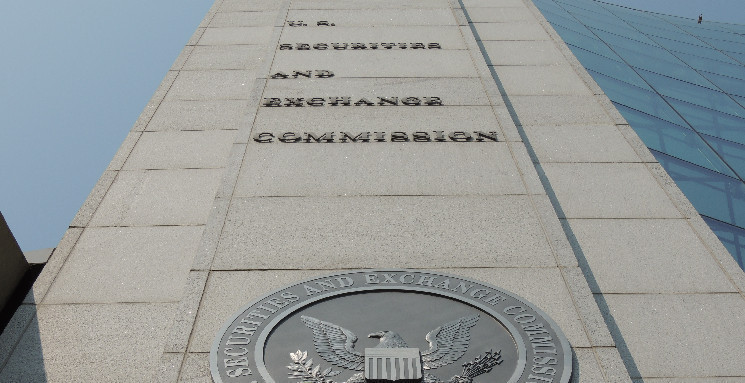On Tuesday evening, the U.S. Securities and Exchange Commission (SEC) said its X/Twitter account was hijacked to wrongly claim it had approved hotly anticipated bitcoin exchange-trade funds (ETFs), causing bitcoin (BTC) to spike and then slip in price.
Meltem Erdam is CoinDesk Turkey’s cybersecurity columnist.
In a now-deleted tweet, the financial regulator falsely announced: “Today the SEC grants approval for #Bitcoin ETFs for listing on all registered national securities exchanges. The approved Bitcoin ETFs will be subject to ongoing surveillance and compliance measures to ensure continued investor protection.”
The tweet was quickly removed. SEC Chair Gary Gensler confirmed the message should not have gone out, and that no approval had been granted.
While the incident certainly raises concerns over how the SEC secures its social media accounts as well as the protections needed to prevent market manipulation in the digital age, the biggest question raised by the bogus tweet is how the market will respond when a bitcoin ETF is ultimately approved.
See also: Fake Bitcoin ETF Approval Tweet Causes $90M in Liquidations
With this fake tweet, we got to see how the market could react, which was perhaps the point of the stunt.
Bitcoin’s price spiked to $47,900 immediately following the first tweet, and then dropped 1.5% to $46,247 after the news was debunked.
There’s a lot riding on these funds, and the market has spent months (if not years) awaiting the SEC’s decision on a number of spot bitcoin ETF applications in the U.S. Although industry speculators are confident an exchange-traded fund will be approved, the SEC, known for its anti-crypto stance, may reject the applications once again after this incident. The commission is due to make a decision by Wednesday.
Bitcoin has climbed 164% in the past year following the market crash beginning at the end of 2021, in large part driven by the growing hype around ETFs. While there are valid reasons to believe spot bitcoin ETFs will bring capital into the sector, many speculate the moment of approval will be a “sell the news” event.
See also: Bitcoin ETFs: The Bull Case
Spot bitcoin ETFs are a way for investors to gain exposure to bitcoin’s price movements, without having to directly buy the cryptocurrency. There are currently 13 live applications in the U.S., including from Wall Street titans including BlackRock, VanEck and Fidelity as well as a number of crypto-native companies. The funds will own the actual bitcoin, and issue shares that track the price of the coins — much like any other ETF, which can track commodities, equities and/or indexes.
If approved, spot ETFs will make it easier for a wider range of investors to speculate on bitcoin, including large companies that want to build build BTC’s volatility into their portfolios. In other words, these funds could bring crypto mainstream, hence the anticipation and trading ahead of the SEC’s approval or rejection.
The SEC, in general, has taken a hard line against crypto, though its recent legal defeat against, Grayscale, which has applied to convert its massive GBTC trust into an ETF structure, has strongly raised the industry’s hopes that such a product will be approved.
If the agency gives the green light, the next question will be how much capital ETFs will attract in the first days and coming years. It also remains to be seen how long speculation around spot ETFs will continue.
Security concerns
There’s a certain irony to the fake bitcoin ETF announcement moving the market in that the main reason the SEC has been resistant to approve a bitcoin ETF is because of the potential for market manipulation. Following an investigation, X said the SEC account was hijacked “due to an unidentified individual obtaining control over a phone number associated with the @SECGov account through a third party.”
This sounds like the number linked to the account got SIM-swapped. We’re also told that two-factor authentication was not enabled.
While this hack is not exactly the type of thing the SEC likely had in mind when raising concerns to the ETF applicants, SIM swapping is a common occurrence in crypto. In fact, it’s one of the most common ways for people to lose their crypto. You can find CoinDesk Turkey’s article on how to prevent SIM swap attacks here.
See also: Bitcoin ETFs: The Bear Case
Read the full article here

